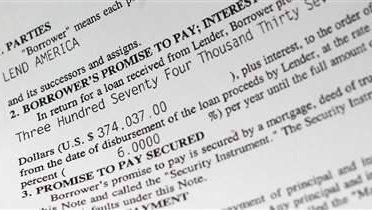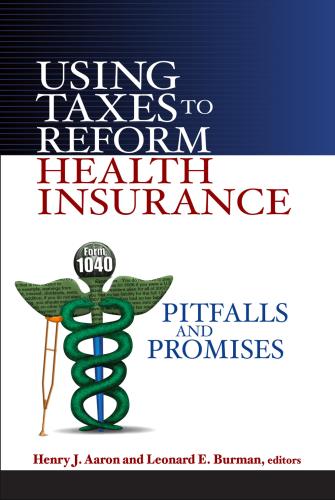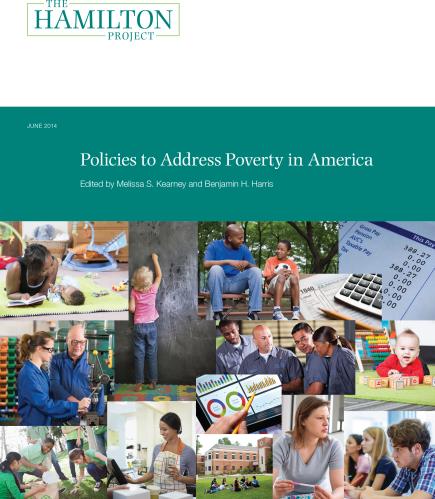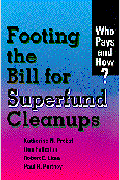This report presents three tax reforms designed
to promote homeownership that are fundamentally
different from earlier proposals. Many of those
earlier proposals would convert existing deductions
into credits but would mistakenly, in our view,
perpetuate flaws in the current system—namely,
the failure to adequately promote the accumulation
of home equity. The reforms examined here instead share the common characteristic of subsidizing
homeownership through a channel other than the
deductibility of mortgage interest, which is the
largest tax expenditure for housing. These reforms
include a first-time home buyer tax credit, a refundable
tax credit for property taxes paid, and an
annual flat amount tax credit for homeowners—all
largely paid for by restricting the home mortgage
interest deduction to a rate of 15 percent. Although
far from perfect, these reforms would provide a
better and more efficient allocation of housing subsidies
and ultimately provide a somewhat larger
incentive for wealth accumulation than current
policy does. Our simulations show that relative to
existing incentives, each policy would raise home
prices and make the tax code more progressive.
Past Event
April
03
2024
Federal Fiscal Policy
The power to destroy: How the antitax movement hijacked America









